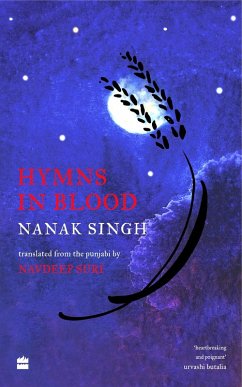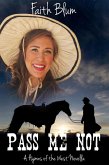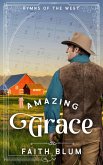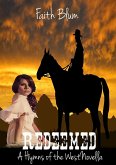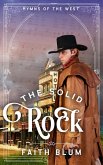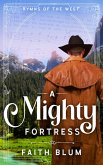1947, Chakri. An idyllic village on the banks of the Soan near Rawalpindi, surrounded by stalks of golden wheat and festive songs. Muslims, Hindus and Sikhs eagerly await the end of winter and get together to prepare for Lohri. Amidst this joyous bustle, Baba Bhana, the erudite village elder, worries about the future of his foster daughter, Naseem. Life comes to a halt when news of a possible partition of India reaches the village. Amid a frenzy of communal violence, Baba Bhana and his family must reluctantly leave their beloved village. They embark on a long and dangerous journey, slowly coming to terms with the fact that their lives may be changing forever. Khoon de Sohile, first published in February 1948, and now translated for the first time into English, provides a timely reminder of the grief and trauma that a religious divide brings in its wake.
Dieser Download kann aus rechtlichen Gründen nur mit Rechnungsadresse in A, D, L ausgeliefert werden.

